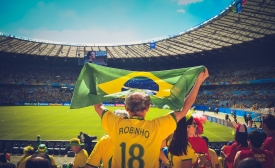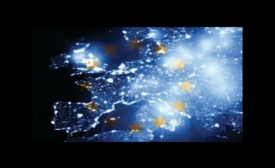soft power
The US State Department and the UK Foreign & Commonwealth Office (FCO) are perhaps the most engaged Western governments when it comes to social media. Following them is Sweden and Australia....Does it make sense in this new area called Digital Diplomacy? Very much so and public diplomacy is nothing new. It’s been going on for hundreds of years.
The Obama Administration stresses shared commonalities—diversity of populations, cultural vibrancy, innovative societies, and presumably similar political values. The Administration has placed strong emphasis on a potpourri of low-cost soft power initiatives, dialogues, and partnerships. It proposes to support these initiatives.
On Monday 2 April 2012, the UN will implement Resolution 65/39 which places 'happiness' officially on the global agenda....This is a major triumph for Bhutan's soft power. Forty years ago, the King of this nation established Gross National Happiness (GNH) as an alternative to Gross National Product (GNP)
This has been the study tour of follow up questions, so why not writing a follow up post? After hypothesizing about the role that governmental action might have played in the Korean creative brand, why not comment on what we learnt about their future plans?

Explore the public diplomacy strategies of BRICS countries
Turkish newspaper Hurriyet Daily News was quoted as saying that the soap operas have increased the country's influence abroad, especially in the Balkans and the Middle East, furthering the so-called soft power of Turkish diplomacy.

I am...guilty for having introduced the idea of the importance of India’s “soft power” into the public discourse of our country... My rationale for applying the American academic Joseph Nye’s ideas to India... lay in my conviction that India’s biggest asset in the world was not merely our rising power...







